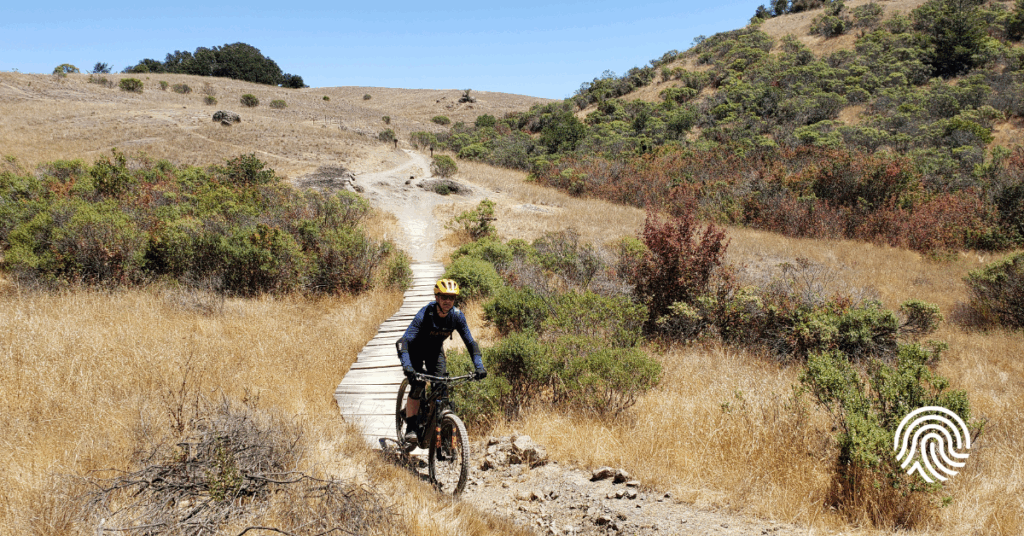SB 131 Impacts for Parks and Trail Projects
Recent amendments to the California Environmental Quality Act (CEQA) were implemented through SB 131 and AB 130 as part of the 2026 Fiscal Year budget process. While most of the changes are aimed at infill housing projects, they also extend CEQA exemptions to other public projects, including some parks and trails. Specifically, SB 131 exempts projects related to the planning, design, acquisition, construction, operation, or maintenance of public parks and non-motorized trails funded at least in part by The Safe Drinking Water, Wildfire Prevention, Drought Preparedness, and Clean Air Bond Act of 2024 (Proposition 4). This exemption took effect on July 1, 2025, allowing qualifying projects to bypass full environmental review.
Background
The last significant change to CEQA occurred in 1972, when the California Supreme Court extended CEQA review to all projects requiring discretionary review. CEQA regulations already include various exemptions, known as “categorical exemptions,” that allow specific types of projects, such as repairs to existing facilities or minor grading work, to bypass the full environmental review process. These exemptions apply to projects that have been determined to have a limited potential to negatively impact the environment, enabling lead agencies to demonstrate eligibility for the exemption rather than conducting a comprehensive environmental review.
SB 131 (2025), introduced by Senator Scott Wiener (D-San Francisco), adds nine new CEQA exemptions for housing and public service projects. Among these exemptions is a provision for public parks and non-motorized recreational trails. This includes activities such as planning, design, site acquisition, construction, operation, or maintenance, provided these projects are funded wholly or partially by the Safe Drinking Water, Wildfire Prevention, Drought Preparedness, and Clean Air Bond Act of 2024. However, motorized recreation projects and those involving natural or protected lands, as defined in the statute, do not qualify for this exemption. In addition, projects that require permits from agencies such as the California Department of Fish and Wildlife or the Regional Water Quality Control Board must still adhere to the relevant regulatory processes and obtain necessary permits.
Proposition 4 was approved by nearly 60% of California voters in November 2024. It authorizes the State to issue $10 billion in bonds to fund a variety of projects, including state and local parks, environmental protection, water infrastructure, energy, and flood protection projects. Since the approval, state agencies have been developing grant programs to allocate these funds. As of this writing, no funds have been distributed, according to the California Natural Resources Agency Bond Accountability webpage.
What Now?
If your Prop 4-funded public park or non-motorized trail project qualifies for an exemption under SB 131, you will still need to document its eligibility for the exemption. Projects that do not receive Prop 4 funding or that do not qualify for other exemptions will likely still require some form of environmental review.
Contact Us
WRA is here to support you through the CEQA process, helping to ensure that your project complies with the appropriate regulations. Reach out to Crystal Mainolfi for expert guidance. WRA continuously monitors changes in environmental and regulatory review policies and is ready to assist you in navigating this ever-evolving regulatory landscape.

Crystal Mainolfi
crystal.mainolfi@wra-ca.com




